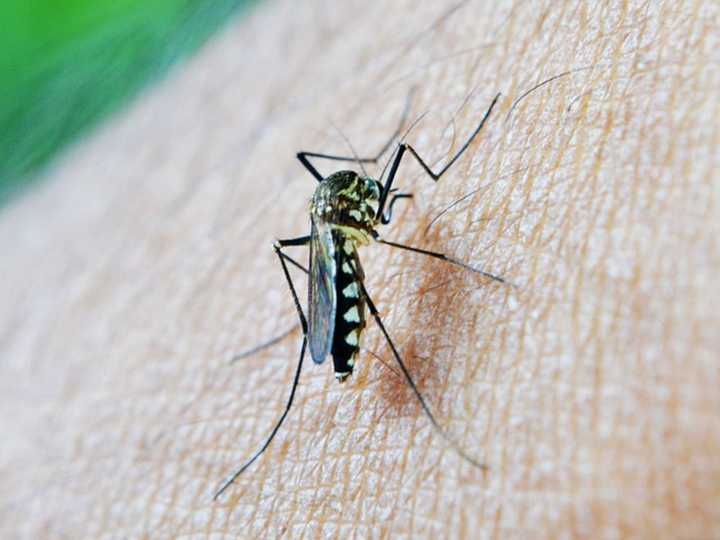Twelve mosquito samples were positive for the virus following testing done at locations around Suffolk County, according to county Health Commissioner Dr. Gregson Pigott.
The samples were collected on Sunday, July 2, and Monday, July 3, in Northport, Melville, West Babylon, Lindenhurst, Holbrook, Holtsville, North Patchogue, Farmingville, and Manorville.
It brings the total number of positive mosquito samples this year to 16.
“The confirmation of West Nile virus in mosquito samples indicates the presence of West Nile virus in the area,” Pigott said.
“While there is no cause for alarm, we advise residents to cooperate with us in our efforts to reduce exposure to West Nile virus and other mosquito-borne diseases.”
First detected in birds and mosquito samples in Suffolk County in 1999, the virus, which is transmitted to humans by the bite of an infected mosquito, has been detected on Long Island each year since.
Symptoms of West Nile Virus often mimic those of a mild or moderate flu-like illness, according to health officials. Severe symptoms include high fever, headache, neck stiffness, disorientation, and muscle weakness.
The symptoms may last several weeks, and neurological effects can be permanent, experts said.
Health officials have outlined several measures that people can take to reduce the chance for mosquitoes to breed and bite around their homes. The most important, they said, was to remove nearby standing water and use mosquito repellent.
Other tips include:
- Avoid the outdoors in the late afternoon and early evening when mosquitoes are active and feeding
- Wear long pants, long-sleeved shirts and socks when outdoors, especially in areas where mosquitoes are active and feeding
- Drill holes in the bottoms of all recycling containers that are left outdoors
- Remove discarded tires
- Turn over plastic wading pools, buckets and wheelbarrows when not in use
- Change the water in bird baths at least twice weekly
- Chlorinate swimming pools, outdoor spas and hot tubs
Residents who notice large areas of standing water on public property are asked to report them to the Department of Public Works at 631-852-4270.
More information about West Nile Virus can be found on the Department of Health Services website.
Click here to follow Daily Voice East Meadow and receive free news updates.
